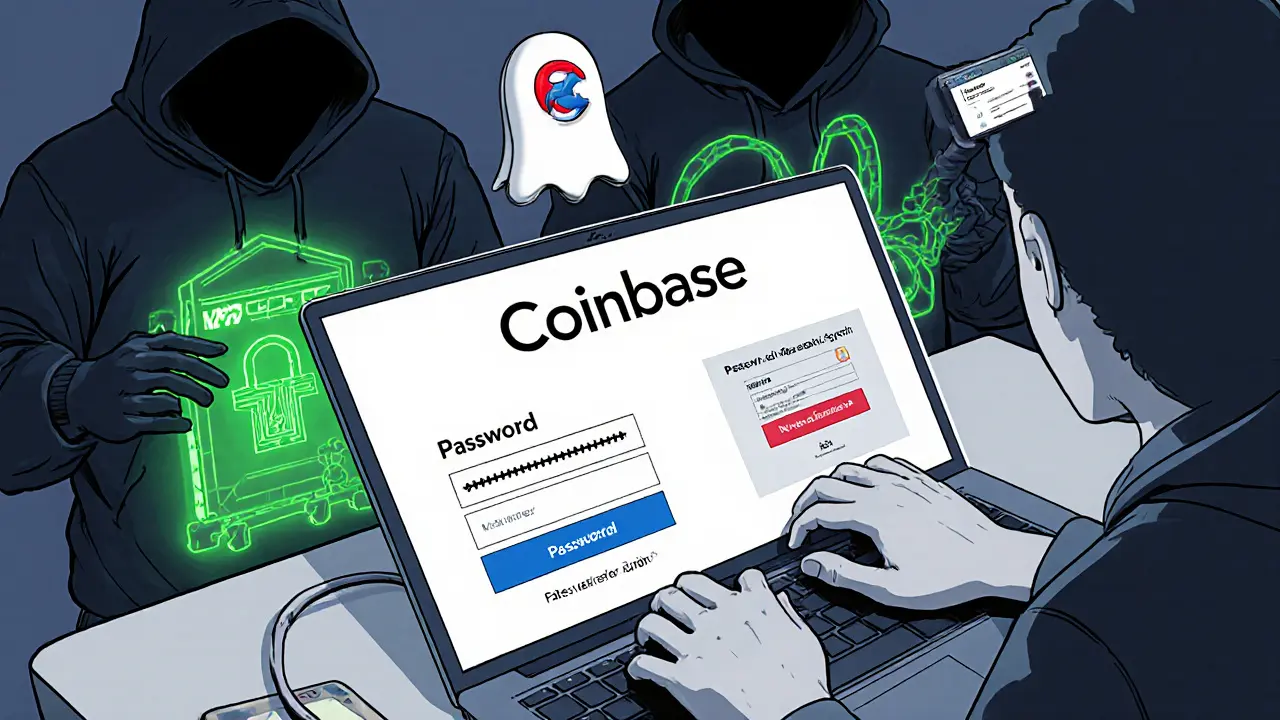Phishing Attacks in Crypto: How Scammers Trick You and How to Stay Safe
When you hear phishing attacks, deceptive attempts to steal your crypto by pretending to be a trusted service, think of this: someone sent you a link that looked like Binance, but it wasn’t. You entered your seed phrase. And just like that, your wallet was emptied. Fake airdrops, promises of free tokens that ask for your private keys are the most common trap. They copy real project websites, use fake Twitter accounts, and even clone Discord servers. All to get one thing: your access.
It’s not just about fake websites. Fake exchanges, platforms that don’t exist but look real enough to fool new users are popping up everywhere. You see an ad for a "new DeFi platform" with high APYs. You connect your wallet. You approve a transaction. And suddenly, your ETH is gone. These scams don’t need to hack anything—they just need you to trust them. And they’re good at it. They use real logos, real-looking URLs, and even fake testimonials. The crypto wallet security, the practice of protecting your private keys and never sharing them isn’t about fancy tools—it’s about habits. Never click links from DMs. Never enter your seed phrase on a website. Never approve a transaction unless you know exactly what it does. If it feels too good to be true, it is.
Look at the posts below. You’ll see real examples: a fake EVA airdrop that never existed, a Wavelength exchange that was never real, a Thoreum CoinMarketCap claim that was pure fiction. These aren’t hypotheticals. These are cases where real people lost money because they didn’t recognize the signs. The same tactics are used over and over—because they work. But now you know what to look for. The next time you get a "limited-time airdrop" or a "security update" from "support," pause. Check the URL. Check the official social accounts. Ask yourself: why would they ask for my keys? If the answer is anything other than "they wouldn’t," you’re already one step ahead.
